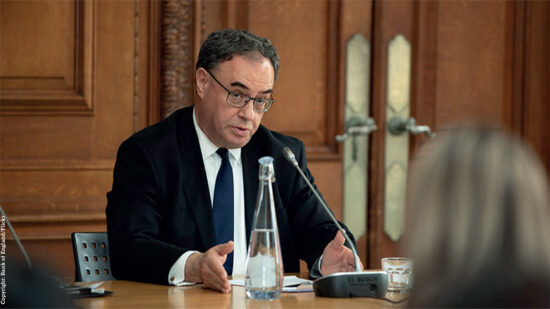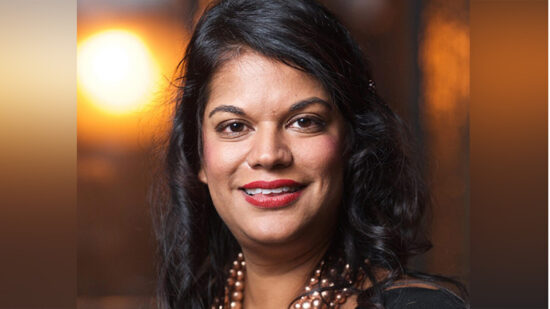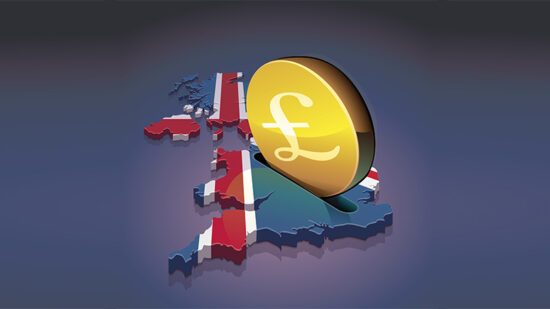Hargreaves Lansdown is looking to beef up the number of ESG funds on its Wealth Shortlist following a surge in client demand but has been called out for being late to the party, reports our sister publication Portfolio Adviser.
The D2C giant announced on Thursday it would be adding the Janus Henderson UK Responsible Income and the Trojan Ethical Income funds to its revamped best buylist, lifting the number of responsible investment funds on its 71-strong shortlist from three to five.
Dominic Rowles, investment analyst at Hargreaves Lansdown, said that investing with ESG considerations in mind is “simply good risk management”, adding that investors should be looking to fill their portfolios with companies which deliver sustainable revenues, profits and dividends.
Customers plough record levels of cash into responsible funds
Rowles said the D2C giant was responding to the surge in demand for ESG products. Citing data from the Investment Association, he noted UK savers poured almost £1bn ($1.39bn, €1.15bn) a month on average into responsible investment funds last year.
This trend was mirrored across Hargreaves Lansdown’s own clients who ploughed a record level of cash into responsible funds in 2020, with net flows over 4,000% higher than in 2016.
“As a result of that feedback, we’ve committed to covering more responsible investment funds and today we’re announcing two additions to the Wealth Shortlist – we expect to see more added to the list over time,” Rowles said on Thursday.
DIY platforms typically slow to ride the ESG wave
Holly Mackay, founder of Boring Money, believes that covid-19 accelerated the move to sustainable investing as it triggered an “emotional response”, as well as a “reassessment of lifestyles and priorities”.
She points out that 2020 was a “very good year for the cold hard cash proof points of sustainable investing” as these funds “typically did pretty well”.
However, Mackay commented that “DIY platforms have typically been surprisingly slow to ride this wave and help their customers pick funds which map to their preferences and priorities”.
She believes that Hargreaves Lansdown is “playing catch-up and realigning their research focus with what investors in 2021 actually want to see”.
Taking note
Clive Waller, managing director of CWC Research, said that “the important thing is the direction of travel” but that “client pull is the driver” behind this move.
“They will have seen that Baillie Gifford Positive Change has crept into the best selling funds lists, demonstrating that direct fund buyers are taking note,” he said.
Rowles highlighted that income is hard to come by for responsible investors as 70% of all UK Equity Income funds invest in tobacco companies, over 80% have a holding in the oil and gas sector, 78% own mining shares and around half invest in aerospace and defence businesses.
“Funds that avoid these areas while also aiming to generate a reasonable level of income are few and far between – but they are out there.”
He adds that the lack of exposure to typical equity income hunting grounds means responsible investment funds will perform differently to their traditional counterparts at times and could act as a portfolio diversifier.
The £290m Trojan Ethical Income fund managed by Hugo Ure returned 23% over three years according to Trustnet, while the £310m Janus Henderson UK Responsible Income fund managed by Andrew Jones returned 17.3% over three years, compared to the IA UK Equity Income average of 7.2%.
Other best buylists likely to follow suit
Adrian Lowcock, head of personal investing at Willis Owen, said that ESG, sustainable and responsible investing has been “a significant and growing theme for some time now and with more and more investors looking for solutions that follow these principles so we are likely to see more such funds appear on shorts lists in response to the growing demand”.
However, he warned that “measuring performance of a shortlist is not straightforward as you need to compare the funds against the right benchmarks and taking a snapshot in time always has the potential to distort the picture”.
Last year Hargreaves Lansdown introduced Wealth Shortlist, a rebranded version of its Wealth 50 list, which came under fire for its championing of the now defunct Woodford Equity Income fund, formerly managed by Neil Woodford.
Hargreaves Lansdown’s Wealth Shortlist, which launched last June, is the latest iteration of its best buy list. It scrapped its Wealth 50 list after just 16 months, following the implosion of Neil Woodford’s equity income fund, which had remained on its list of favourite funds right up until its suspension.
In addition to providing increased transparency and having funds on the list picked by an independent panel, it also made a U-turn on discounted fees for funds in the revamped buy list.








